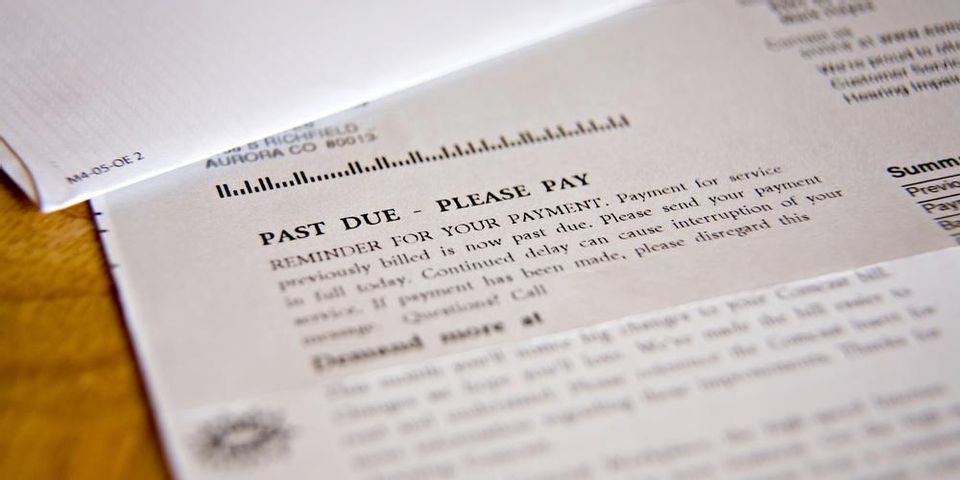
If you are considering filing for bankruptcy, you may be concerned about your credit taking a hit. Although bankruptcy will affect your credit score, it is possible to begin repairing your credit almost immediately. If you want to learn more about the consequences of the different types of bankruptcy, turn to a bankruptcy attorney from Greene Law, PC. Their law firm serves clients throughout Connecticut, and they will guide you through all bankruptcy proceedings. Below, they offer a few tips for rebuilding your credit after filing.
Bankruptcy Attorney Shares 3 Tips for Rebuilding Your Credit
1. Check Your Credit Report
Credit reporting agencies can and do make mistakes, so check your credit report to ensure that everything listed is accurate. If you notice any inaccuracies, take the appropriate steps to dispute them. This step alone can improve your credit score immensely.
2. Keep Your Oldest Accounts
The average age of your accounts affects your credit score. The longer your credit history, the higher your score. If you declared bankruptcy, you may feel inclined to close all of your accounts; however, doing so could hurt your credit even more. Keep your oldest accounts open, and avoid using those cards if possible.
3. Set Up Payment Reminders
On-time payments will increase your credit score, while late payments will bring it down even more. Set up payment reminders to ensure you never miss a payment. If you use automatic bill pay, you should still set up reminders so you can make sure there is always money in the account before the payment goes through.
Rebuilding your credit takes time, but as long as you follow the tips above, you will eventually improve your credit score. If your credit history is poor because you’ve missed payments and are barely making ends meet, talk to Greene Law, PC about your options. Visit their website to learn more about this law firm, and call (860) 676-1336 to schedule a consultation with a bankruptcy attorney in Connecticut today.
About the Business
Have a question? Ask the experts!
Send your question

